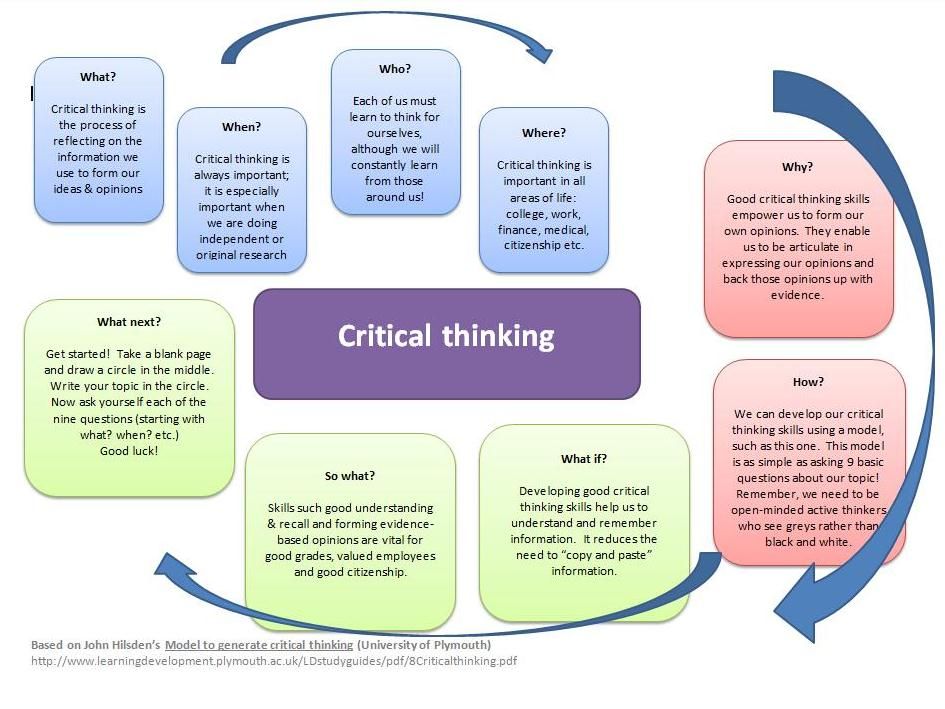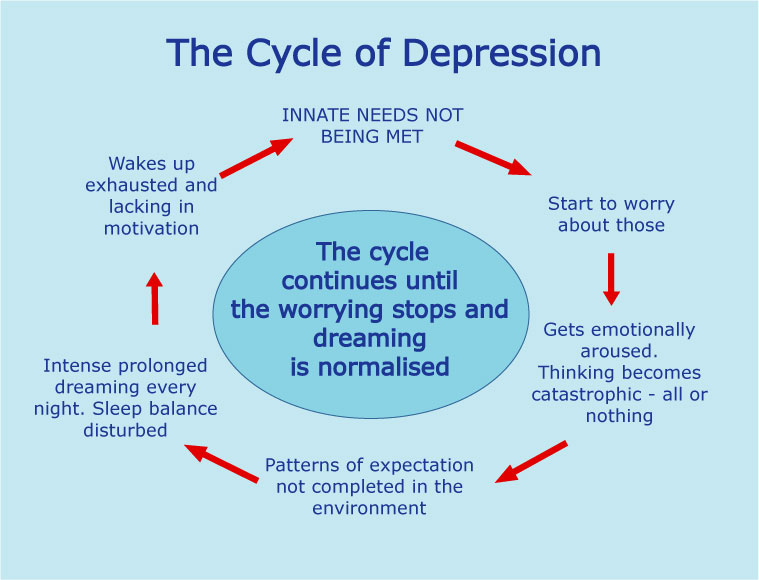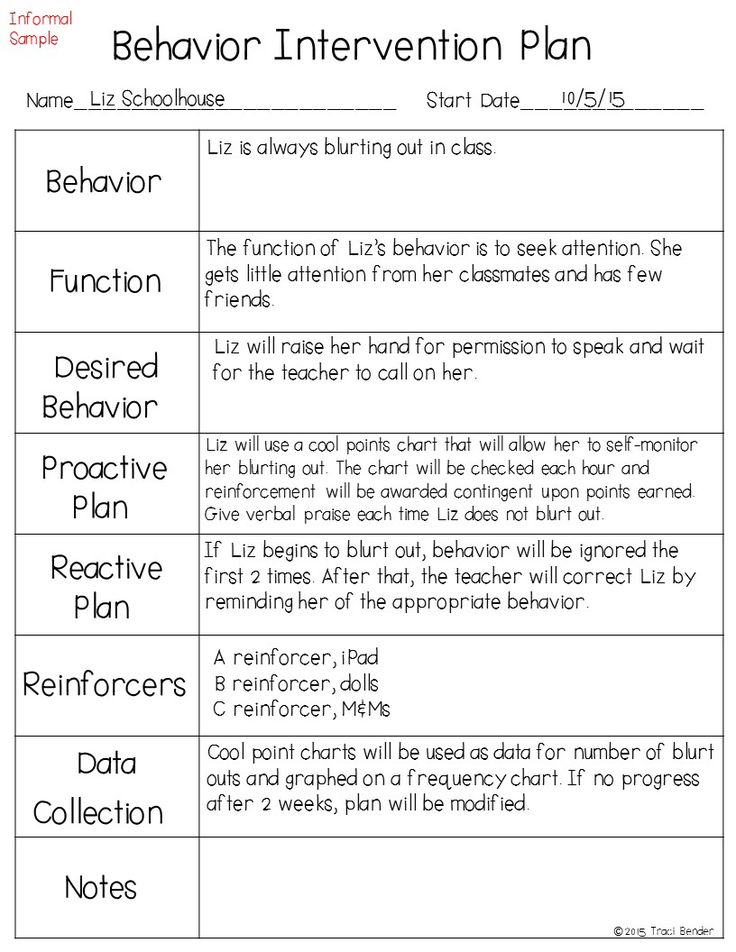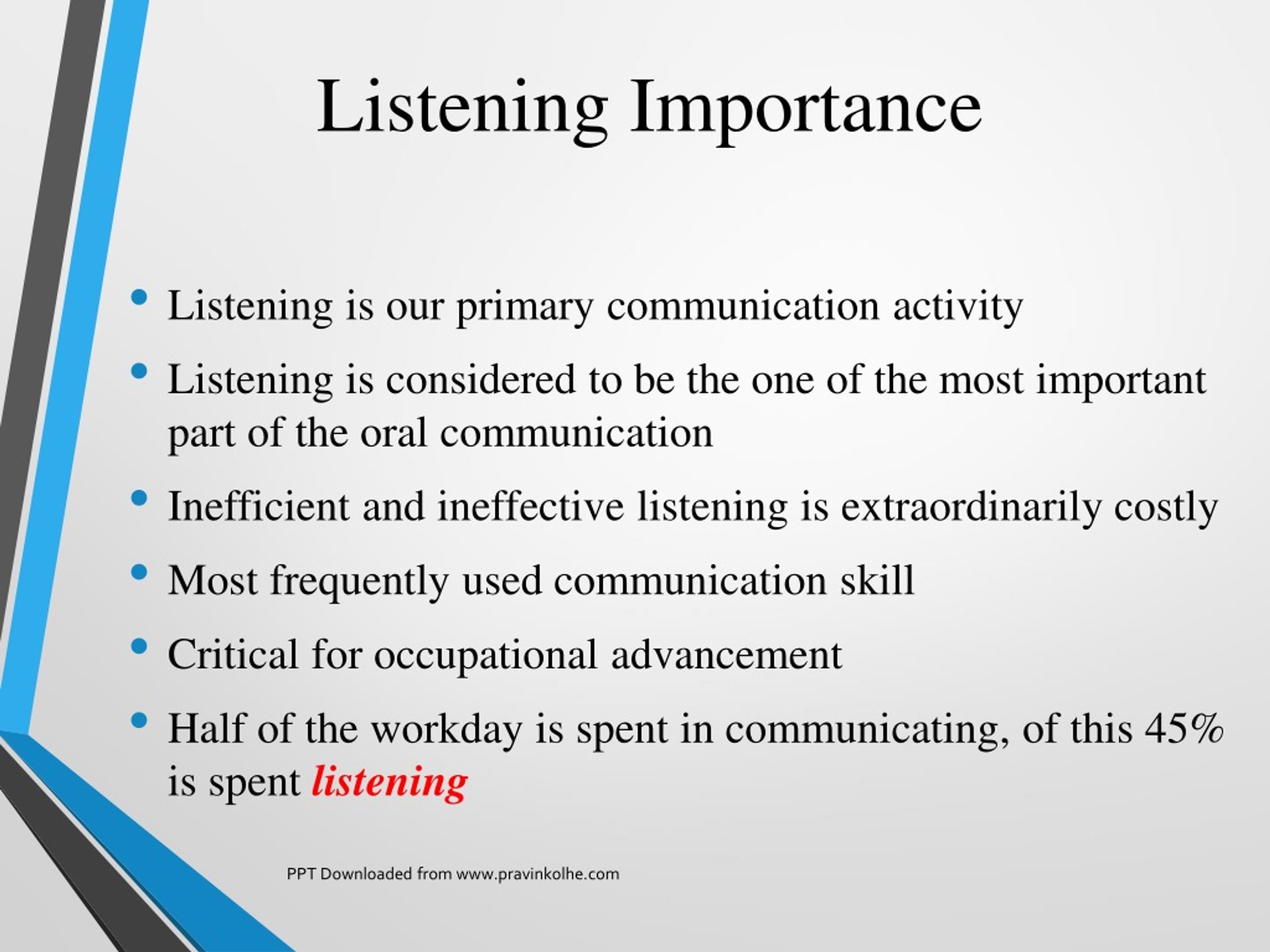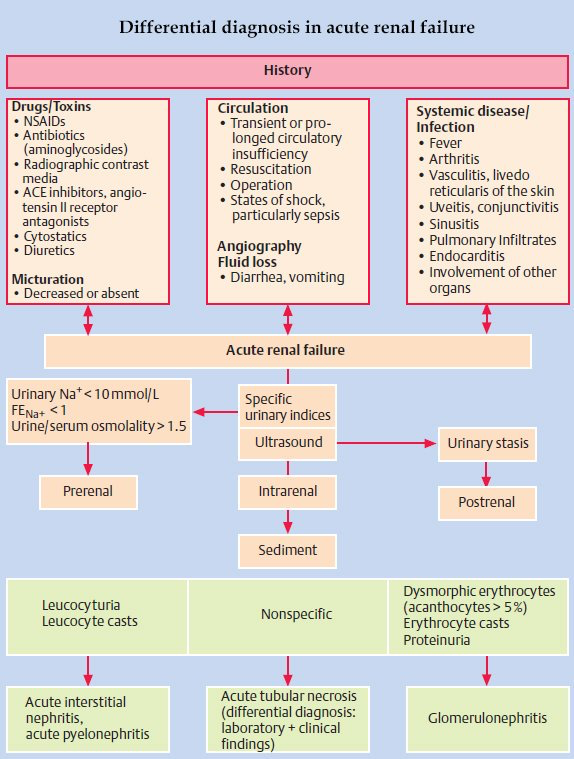Adhd quiz for women
Symptoms in Women and Girls
Symptoms of ADHD in Women
Attention deficit hyperactivity disorder (ADHD) is not gender biased. ADHD symptoms exist almost as often in girls as they do in boys, and the majority of kids with ADHD never outgrow it. What’s more, scientific research strongly suggests that ADHD is hereditary. Which means that, if you are the mother of a child with attention and impulsivity problems, you may have ADHD, too.
This comes as a surprise to many women who assume that ADHD is a diagnosis for hyper little boys. Indeed, it is not. ADHD in adults is very real; and ADHD diagnoses among women are on the rise.
According to the 5th edition of The Diagnostic and Statistical Manual of Mental Disorders, ADHD symptoms may fall into three categories: predominantly hyperactive, predominantly inattentive, and combined type. Inattentive ADHD symptoms are still often misunderstood and misdiagnosed by medical professionals who mistake them for stress, anxiety, or another related condition.
Inattentive ADHD is also more common in girls and women than it is in boys and men.
If you suspect that you have symptoms of ADHD, complete the free female ADHD test below and share the results with a health care professional — the only person who can diagnose ADHD.
[Related Self-Test: The ADHD Test for Girls]
NOTE: This self-test is not intended to diagnose or to replace the care of a health care professional. Only a doctor or mental health professional can diagnose ADHD based on clinical evaluation.
Do you hesitate to have people over to your house because you’re ashamed of the mess?
Very Often
Often
Sometimes
Rarely
Never
Do you feel like you're always at one end of a deregulated activity spectrum — either a couch potato or a tornado?
Very Often
Often
Sometimes
Rarely
Never
Do requests for "one more thing" at the end of the day put you over the top emotionally?
Very Often
Often
Sometimes
Rarely
Never
Do you start the day determined to get organized, and end the day feeling defeated?
Very Often
Often
Sometimes
Rarely
Never
Is your time and energy taken up with coping, staying organized, and holding it together, with no time for fun or relaxation?
Very Often
Often
Sometimes
Rarely
Never
Are you clueless as to how others manage to lead consistent, regular lives?
Very Often
Often
Sometimes
Rarely
Never
Do you feel like you are "passing for normal," but you are really an impostor?
Very Often
Often
Sometimes
Rarely
Never
Are you called "a slob" or "spacey?"
Very Often
Often
Sometimes
Rarely
Never
Have you ever been thought of as selfish because you don't write thank-you notes or send birthday cards?
Very Often
Often
Sometimes
Rarely
Never
Do you despair of ever fulfilling your potential and meeting your goals?
Very Often
Often
Sometimes
Rarely
Never
Do you feel as if life is out of control, and that it's impossible to meet demands?
Very Often
Often
Sometimes
Rarely
Never
Do you have trouble balancing your checkbook?
Very Often
Often
Sometimes
Rarely
Never
Is it impossible for you to shut out sounds and distractions that don't bother others?
Very Often
Often
Sometimes
Rarely
Never
Do you watch others of equal intelligence and education pass you by?
Very Often
Often
Sometimes
Rarely
Never
Does time, money, paper, or "stuff" dominate your life and hamper your ability to achieve your goals?
Very Often
Often
Sometimes
Rarely
Never
Do you shut down in the middle of the day, feeling assaulted?
Very Often
Often
Sometimes
Rarely
Never
Do you feel overwhelmed in stores, at the office, or at parties?
Very Often
Often
Sometimes
Rarely
Never
Do you feel that you have better ideas than other people but are unable to organize them or act on them?
Very Often
Often
Sometimes
Rarely
Never
(Optional) Would you like to receive your ADHD in women symptom test results — plus more helpful resources — via email from ADDitude?
Sign me up for your Women with ADHD newsletter.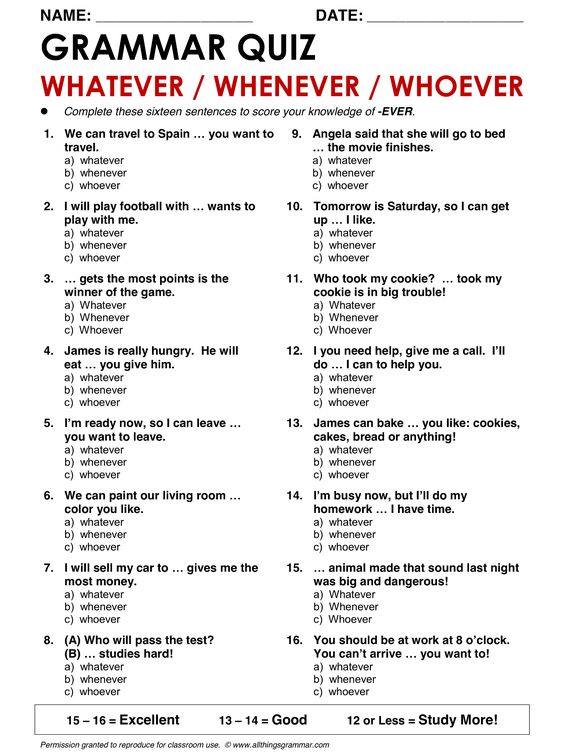
Can’t see the self-test questions above? Click here to open this test in a new window.
Attention Deficit Disorder in Women: Next Steps
1. Research: What ADD Looks Like In Women
2. Take this Test: Rejection Sensitive Dysphoria Symptoms in Adults
3. Read: “That Explains Everything!” Discovering My ADHD in Adulthood
4. Take this Test: Do I Have Inattentive ADD?
5. Read More About Women, Hormones, and ADHD
6. Take this Test: Full ADHD Symptom Test for Adults
7. Find: ADHD Specialists or Clinics Near You
Sari Solden, M.S., LMFT, is a member of the ADDitude ADHD Medical Review Panel.
Previous Article Next Article
Recognizing ADD Symptoms in Adulthood
ADHD in Women: My Story
“Can’t you sit still for just five minutes?” Apparently not.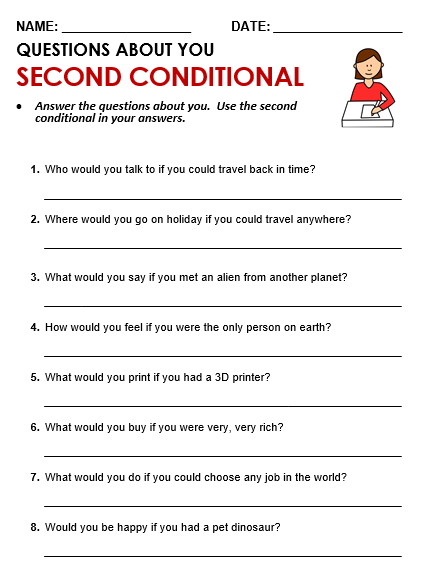 But at least now, years later, I have an explanation in answer to my mom’s question — if only she were alive to hear it. Turns out, my excess energy is attention deficit-fueled hyperactivity.
But at least now, years later, I have an explanation in answer to my mom’s question — if only she were alive to hear it. Turns out, my excess energy is attention deficit-fueled hyperactivity.
Perhaps I should have been tipped off by the tempo of conversations I had with my friend, Chris (who was diagnosed with ADHD as a child). Our dialogues have always been like a pool game, with both of us taking shots at the same time, bouncing rapid-fire thoughts off each other without skipping a beat. One evening, Chris suggested I take an online quiz for ADHD. I assumed he was kidding. He wasn’t.
The results? I did very well. So well, in fact, that Chris declared, “Zoë, we’re going to make you president of the club.”
Along with credulity came clarity. Maybe this was why I’d spent every day of the last eight months spinning in a circle in the middle of my living room, unable to decide what to do first. I’d repeat this procedure in my kitchen, bedroom, and office, then go back to the living room to start over. By mid-afternoon, I’d accomplished nothing. At this point, I couldn’t afford to pay my rent. I was in trouble.
By mid-afternoon, I’d accomplished nothing. At this point, I couldn’t afford to pay my rent. I was in trouble.
Here I was, a 47-year-old woman who had written a book, run for MPP (Member of the Provincial Parliament) in Canada, earned two university degrees and three college diplomas, spinning like Maria von Trapp in The Sound of Music. How do you solve a problem like Maria?
[Self Test: Do I Have Adult Hyperactive and Impulsive ADHD?]
Desperately Seeking ADHD Treatment
The morning after my online quiz, I found myself in my doctor’s office, bawling as I described my out-of-control life. I left with a prescription for a long-acting stimulant (one of several medications used to treat ADHD), and began my quest for the Holy Grail — a way to make my crazy life work.
The medication calmed the frenetic energy I’d felt my entire life. Soon after taking that first pill, all the cells in my body stopped jumping on the trampoline and lay down. The feeling of being overwhelmed, anxious, and out of control also seemed to subside. Now I could begin my long road to discovery and, I hoped, recovery.
Now I could begin my long road to discovery and, I hoped, recovery.
When I told my sister, Melissa, about the test results and the symptoms of ADHD, her first remark was, “That explains everything.” Having grown up with me, Mel could provide insight and anecdotes from our childhood, both of which are integral to a diagnosis.
According to the current Diagnostic and Statistical Manual of Mental Disorders (DSM-V), the professional reference of mental health disorders, symptoms need to be present before age 12 before a diagnosis of ADHD can be made. Having spent most of my public-school days in the hall for talking too much, I fit the bill. The same combination of intuition and impulsivity that earns kids a walk to the principal’s office can earn women and men their walking papers from jobs, friends, family, and bewildered lovers, who can’t take the chronic lateness and off-the-wall remarks any longer.
[Read: “Finally, Everything Made Perfect Sense”]
Women and Their ADHD Symptoms
Kenny Handelman, a child psychiatrist and an adjunct professor of psychiatry at the University of Western Ontario, calls the observational abilities of adults with ADHD a paradox.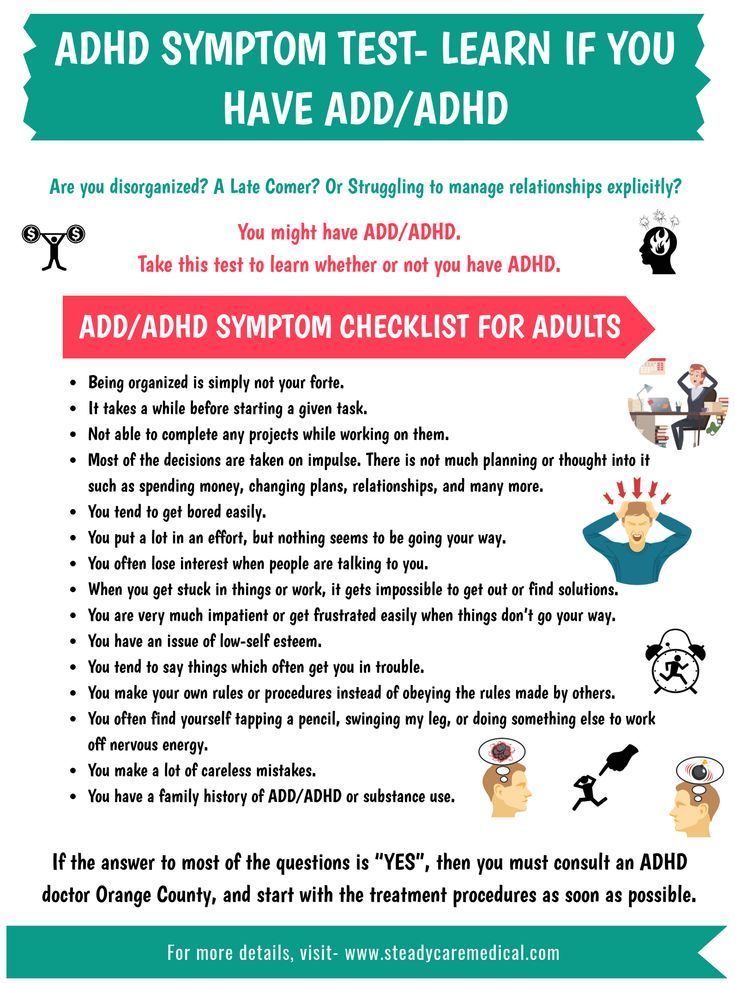
While we’re inattentive to some social cues, droning on while the listener checks her watch and mutters, “Gotta go…,” we can also use our constant scanning ability to gather cues that others don’t get, coming up with intuitive insights and responses. The problem is, sometimes we can’t stop ourselves from blurting out our thoughts.
When I started public school, not all teachers or child psychiatrists understood ADHD. Kids like me were out-of-control demon spawn, creating mayhem in class, community, and home. After professionals began to recognize ADHD, about 25 years ago, it was mostly boys who were diagnosed.
While impulsive blurting and hyperactivity have been hallmarks of my life, females are often not blessed with the H-for-hyperactivity part. Instead of racing around classrooms with the boys (and me), many girls stare dreamily out the window. And so it continues into adulthood — the majority of women diagnosed with the condition fall into the inattentive type of ADHD (the condition comes in several flavors, but all are clinically known as ADHD).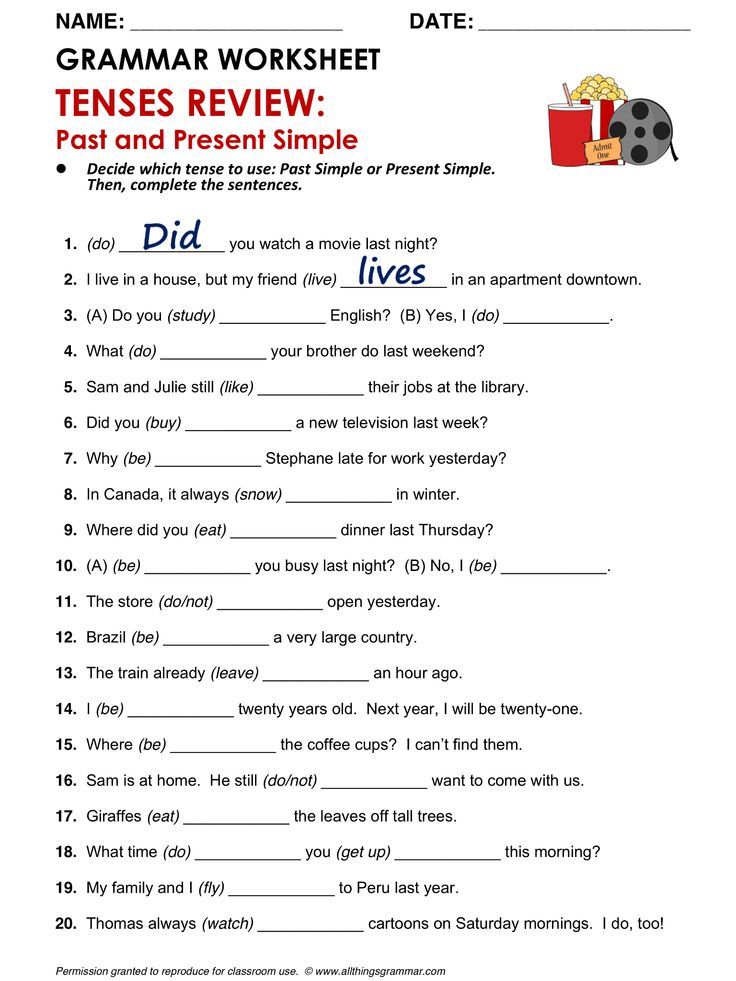
Living the ADHD Life
At 44, Denise Difede was diagnosed with the combined subtype of ADHD. She began taking a stimulant, and it worked. The true test that her medication made a difference came while a friend was visiting Difede for a month. One weekend, she decided to take a meds break. “I didn’t tell him I had been on [then went off] medication,” says Difede. Come Monday, her friend remarked, “You’re so much more together today, you were out of it most of the weekend.”
“It was a shock,” says Difede, who now works as an administrator at the Canadian ADHD Resource Alliance in Toronto. “I asked him to describe what he saw on the weekend. He just said he thought I was not quite on my game.”
Difede and I are in good company: Some of the most successful athletes (Michael Phelps), actors, and entertainers (Justin Timberlake), not to mention scientists, entrepreneurs, and academics, display traits of ADHD. On the other hand, being in the minority — a woman with the hyperactive form of ADHD — I ‘present’ entirely differently from Difede. Professionals tell me that having the “H” is actually a good thing: Hyperactivity can lead to earlier diagnosis and more energy later in life.
Professionals tell me that having the “H” is actually a good thing: Hyperactivity can lead to earlier diagnosis and more energy later in life.
For me, it’s been a mixed blessing. Being hyperactive helps me when performing standup comedy, but it does me no favors when I come across as near-manic during a job interview. After learning that I had the disorder — and a euphoric moment of realizing that my apparent road to nowhere was not my fault — a sense of embarrassment and failure flooded in.
“People will say they’re turning to crack, gambling, sex, but they don’t want to say they’ve got an inherited neurobiological condition, like ADHD,” says Pete Quily, an ADHD coach in Vancouver, who has been diagnosed with the condition.
Fighting the Stigma
Because the medical field is just beginning to recognize adult ADHD, the condition is rife with stigma and stereotypes. My response? I resolved to become an ADHD crusader, and I made my first public confession at my local pet-food store.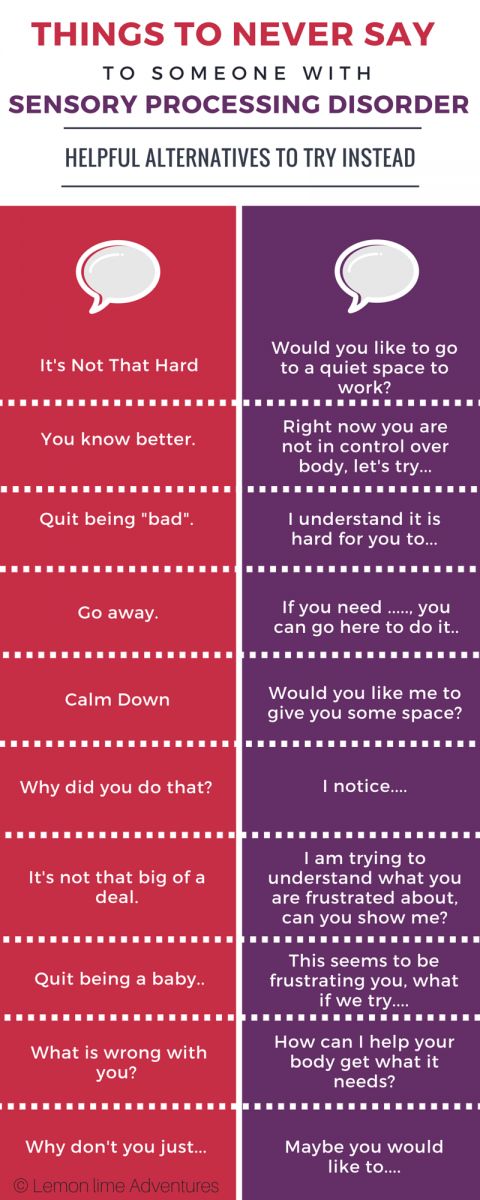
When the store owner asked if I wanted to apply for a frequent-buyer card, I said, “Sure, why not?” Rifling through her records, she discovered that I already had not one, but two, cards. I laughed. “There’s a reason for that,” I said. “I have ADHD!” Poor memory — not to mention a cluttered wallet and purse — can be an ADHD symptom.
Her face dropped. I could have sworn she backed away. Then, in hushed tones, she confided that doctors had told her that her son had it, too. But, she said, “I knew he didn’t, because he’s highly intelligent.”
She might as well have taken a 10-pound bag of dog food and smashed me in the face with it. Stereotype confirmed. Fact: ADHD has nothing to do with lack of intelligence.
The Canadian Mental Health Association‘s website (where else would you go for information about a mental health issue? I naively thought) wasn’t any better informed. ADHD is mentioned, but only in reference to children.
“That’s a big oversight,” says Lily Hechtman, a professor of psychiatry and pediatrics at McGill University in Montreal, and co-author of Hyperactive Children Grown Up (#CommissionsEarned). Hechtman explains that the medical profession is beginning to realize that, not only can many symptoms continue into adulthood, they can cause significant difficulties. Yet, she says, the reality is “all the medical students at McGill get one lecture on ADHD, only part of which is on adult ADHD.” In Canadian medical school, adult ADHD is mentioned briefly, unless one is specializing in child psychiatry. This is why a child psychiatrist, not a general practitioner, may be the best person to diagnose an adult.
Hechtman explains that the medical profession is beginning to realize that, not only can many symptoms continue into adulthood, they can cause significant difficulties. Yet, she says, the reality is “all the medical students at McGill get one lecture on ADHD, only part of which is on adult ADHD.” In Canadian medical school, adult ADHD is mentioned briefly, unless one is specializing in child psychiatry. This is why a child psychiatrist, not a general practitioner, may be the best person to diagnose an adult.
Finding Help for ADHD in Women
Consequently, women like Difede are left to seek out the rare psychiatrist who can diagnose them (as she did) by attending conferences on ADHD, finding a coach, or finding or starting their own support group.
Many women may cruise along until, as in my case, things start to fall apart. According to Quily and others, the unraveling often coincides with marriage and having kids. Suddenly, Quily explains, “You have to organize not just yourself, but the kids, too.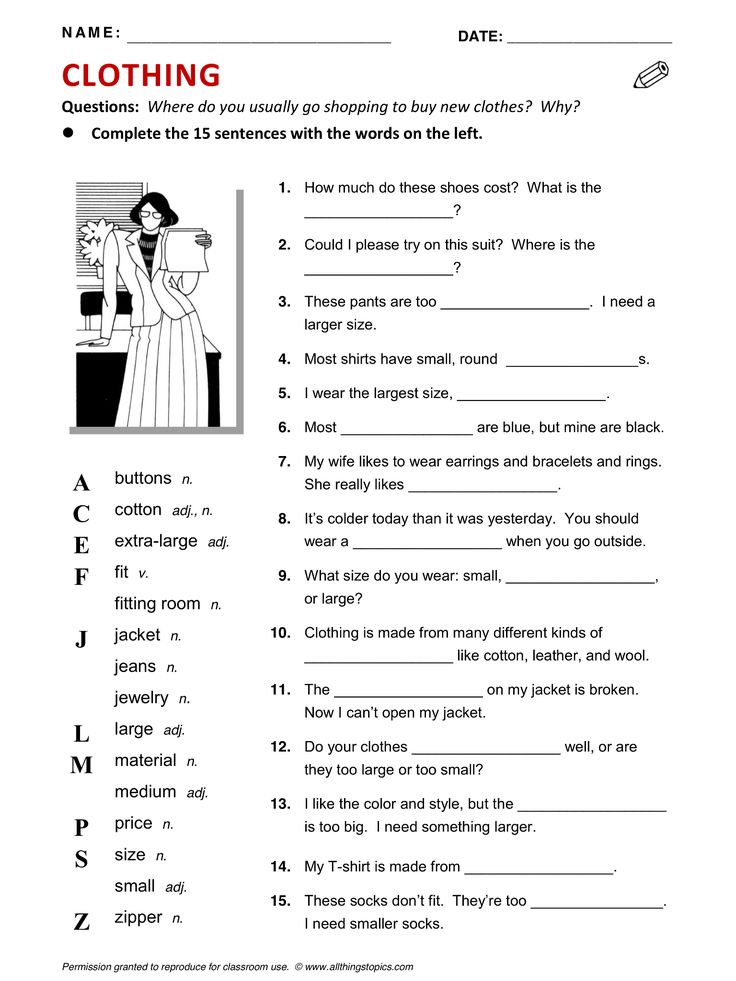 ” These added responsibilities can push a mom’s “ADHD stress-o-meter” over the top.
” These added responsibilities can push a mom’s “ADHD stress-o-meter” over the top.
As if that’s not enough, chances are that the kids have the condition as well (some estimates suggest that up to 80 percent of ADHD is inherited), giving Mom an even greater challenge, as she’ll have to organize both herself and her kids.
Juggling career, marriage, and child rearing can be challenging for anyone. But for someone with ADHD, it can feel impossible. Add to that the increased demands of household management, and a woman with undiagnosed ADHD can feel completely overwhelmed. Let’s face it: Filing and paperwork are the nemesis of most people with ADHD.
In fact, the only part of Martha Stewart a mom with ADHD can understand is the going-to-jail part (it’s not uncommon to be so disorganized that taxes haven’t been filed for years). Perfect pastries? Forget it! It’s no wonder that some women end up feeling ashamed at their inability to keep up with their more organized friends and family.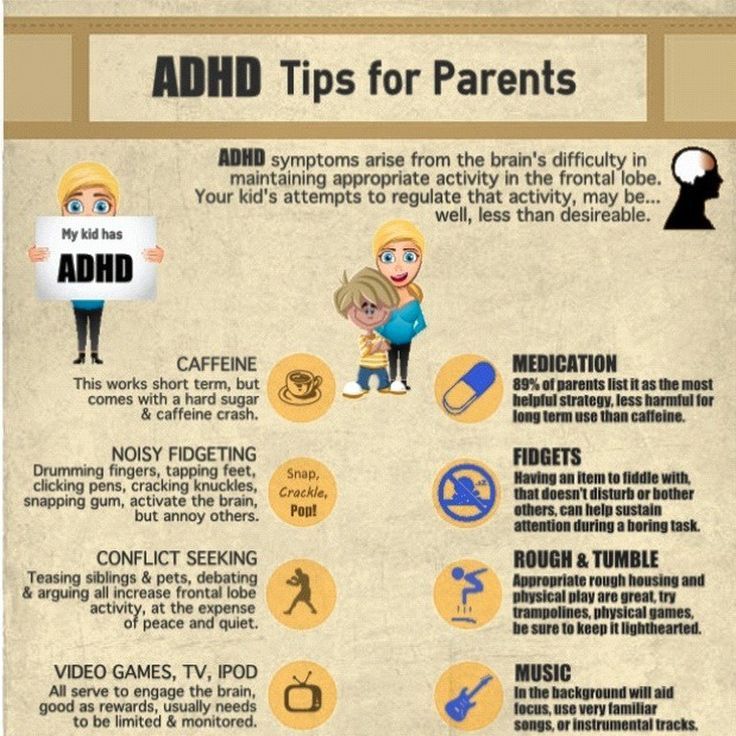 In the extreme, some women with ADHD tend to isolate themselves, unwilling to expose their self-perceived deficiencies.
In the extreme, some women with ADHD tend to isolate themselves, unwilling to expose their self-perceived deficiencies.
Instead of receiving a diagnosis and treatment, many women with ADHD have been told since childhood, even by well-meaning but uninformed professionals, that they’re lazy and should just try harder. No wonder one of the ADHD classics is called You Mean I’m Not Lazy, Stupid or Crazy?! (#CommissionsEarned), written by Kate Kelly and Peggy Ramundo, both diagnosed with ADHD.
Diagnosis during menopause can be even trickier, as problems with memory, organization, anxiety, and mood disorders that arise at that time of life can all mimic ADHD symptoms, says Hechtman. “One of the ways I would differentiate [ADHD] is to get a good longitudinal picture of that person from childhood onward,” she says. If there were no ADHD symptoms prior to menopause, the symptoms are pointing to something else.
Another imposter is learning disabilities (LD), which up to 20 percent of those with ADHD also have. Like mood disorders, anxiety, post-traumatic stress disorder, and other ailments that accompany adult ADHD (80 percent of us have at least one co-existing condition), LD can be mistaken for ADHD.
Like mood disorders, anxiety, post-traumatic stress disorder, and other ailments that accompany adult ADHD (80 percent of us have at least one co-existing condition), LD can be mistaken for ADHD.
You and Your ADHD
But, hey, let’s not get all stressed out about it; stress, according to Quily, is like adding fuel to ADHD symptoms. We can take some solace in the fact that, although it’s not perfect, a newly minted set of diagnostic tools for adults was introduced with the DSM-V.
This is a good thing, because two of the current diagnostic criteria (developed solely for kids) are climbing trees and running about excessively. It’s no coincidence that hyperactive kids like to move their bodies: Physical activity is an excellent way to diminish ADHD symptoms. While tree-climbing and excessive running might not be realistic pursuits for adults with ADHD, the best treatment, according to long-term studies that observed kids into adulthood, is “multimodal,” using a variety of approaches — from medication and behavioral therapy to biofeedback, exercise, and other alternative therapies — to treat symptoms.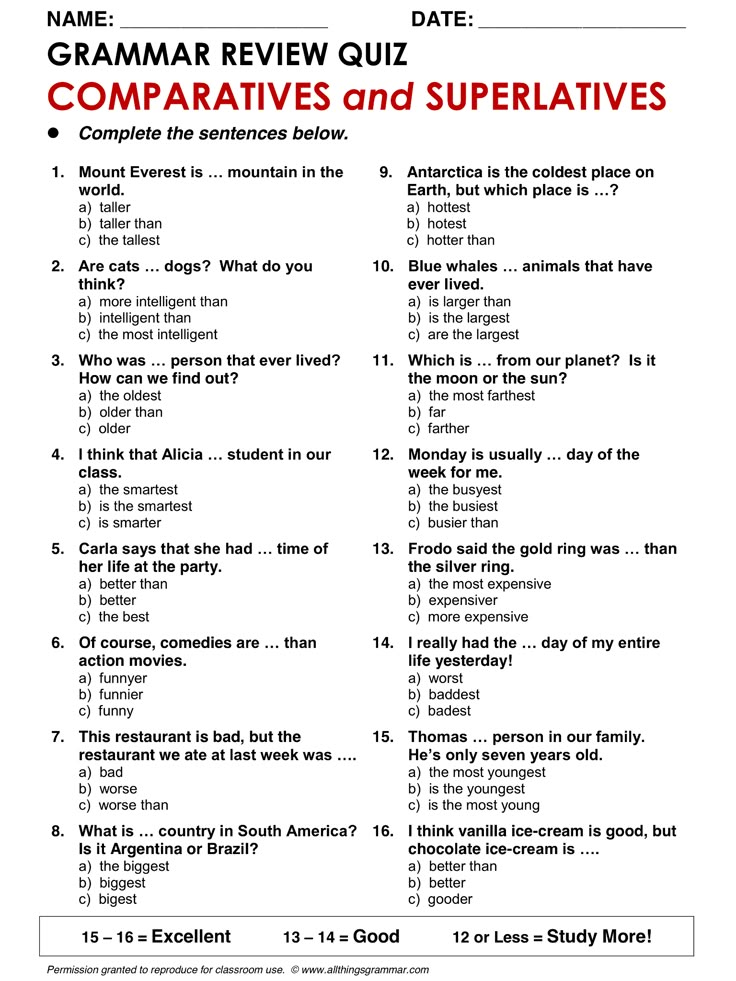
“Detailed, boring stuff is like kryptonite for people with ADHD,” says Quily. So delegate — or find a boss who will embrace your creative side, your mind that’s so out-of-the-box it’s from another planet, and let the regular humans handle the paperwork.
As for me, I’ll keep using deadlines as my organizing principle, and accept the fact that, even when I’m hyperfocusing, I’ll still have to jump up, water the plants, check e-mail, and pet the dog to keep me on track.
[Read: ADHD Looks Different in Women. Here’s How–and Why]
#CommissionsEarned As an Amazon Associate, ADDitude earns a commission from qualifying purchases made by ADDitude readers on the affiliate links we share. However, all products linked in the ADDitude Store have been independently selected by our editors and/or recommended by our readers. Prices are accurate and items in stock as of time of publication
Previous Article Next Article
ADD(H) test for adults
Authorization
Forgot password
Remember me
Register now
The SDVG.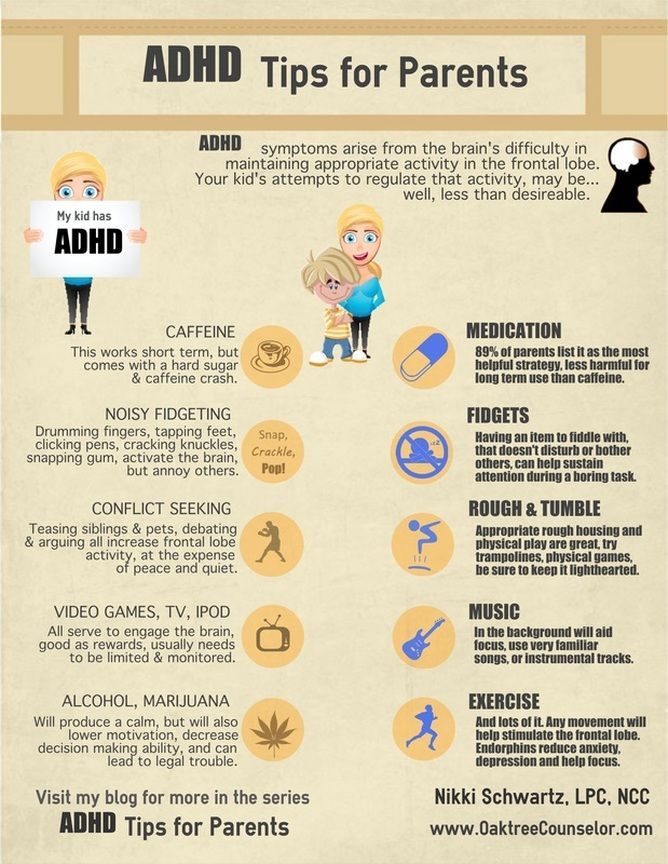 LIFE website is a continuation of the book and therefore new materials must meet the same standards as the book.
LIFE website is a continuation of the book and therefore new materials must meet the same standards as the book.
Hence the rules for discussion participants:
- - Civilized intellectual communication
- - No personal attacks
- - No policy
Pre-moderation has been introduced for the first few posts.
Welcome!
Create account
Adult ADHD Test
Test for ADD(H) for adolescents and adults 17 years of age and older, in accordance with the methodology of the American DSM-V guide.
Number of questions: 18 .
For more information, see the article from the Notes.
...
To answer "Yes", the symptom must be:
- Stable during the last 6 months .
- Was expressed in measure not corresponding to the level of development .
- Had a negative impact on academic performance and/or professional activities .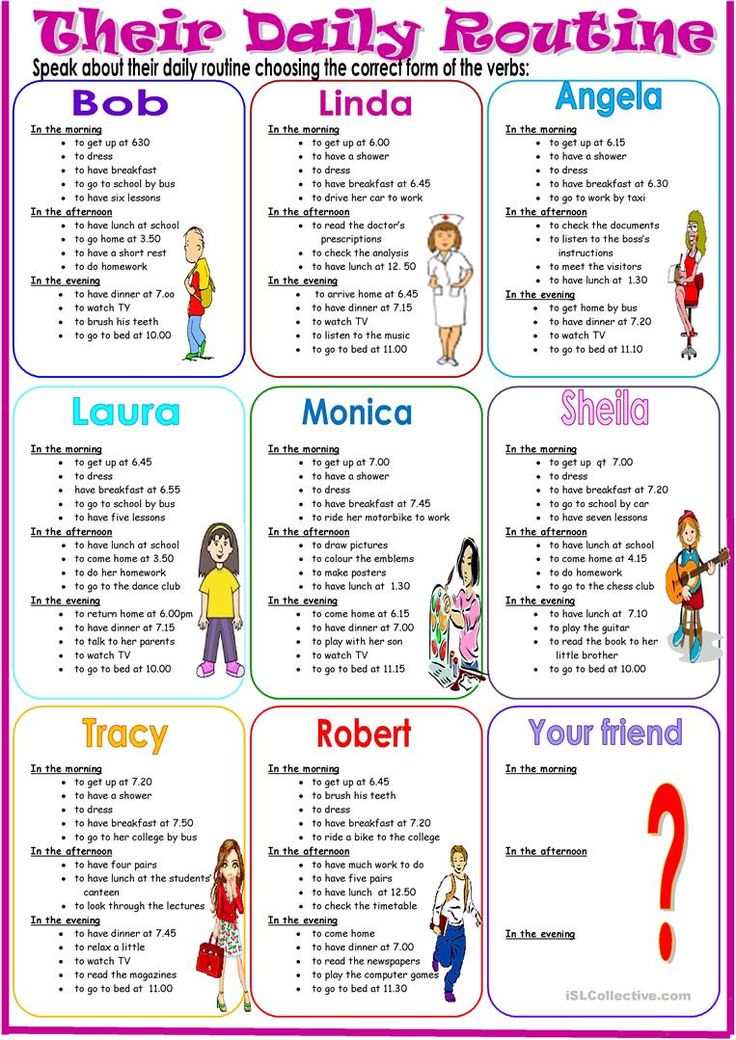
...
The test is provided for informational purposes and is not intended to diagnose any disease.
Consult a doctor for diagnosis.
...
1
Often makes nervous movements with the hands or feet, or fidgets and wriggles while sitting in a chair.
Yes
No
2
Often interrupts or annoys others.
For example, breaks into conversation, games or activities without invitation; can use other people's things without asking; for teenagers or adults - they can interfere with someone else's work or continue someone else's work themselves.
Yes
No
3
Often has difficulty waiting in line.
For example, in the shop or at the game.
Yes
No
4
Often blurts out an answer before the question has been fully asked.
For example, completes sentences when others are speaking; cannot wait for their turn to join the conversation.
Yes
No
5
Often too talkative.
Yes
No
6
It is often in constant motion and behaves as if a motor was attached to it.
For example, absolutely unable or unable to stay comfortably in one place in restaurants or meetings; perhaps people around him consider him a restless person or a person with whom it is difficult to deal with.
Yes
No
7
Often finds it difficult to play or spend leisure time quietly.
Yes
No
8
Often runs back and forth without restraint or climbs in situations where this is unacceptable.
Note: Teenagers and adults may not be running, jumping or climbing, but may be restless and out of sorts.
Yes
No
9
Often leaves his seat in class or in other situations where the person is expected to be seated.
For example, leaving one's seat in a classroom, in an office or other place of work, or in other situations where one is expected to be seated.
Yes
No
10
Often fails to pay due attention to details or makes careless mistakes in schoolwork, work, and other activities.
For example, does not notice or misses details, the work is done inaccurately.
Yes
No
eleven
Often forgetful in daily activities.
For example, forgetfulness in housework, while doing errands; for older teenagers and adults - they forget to return calls, pay bills, come to a meeting or appointment (to a doctor, for example).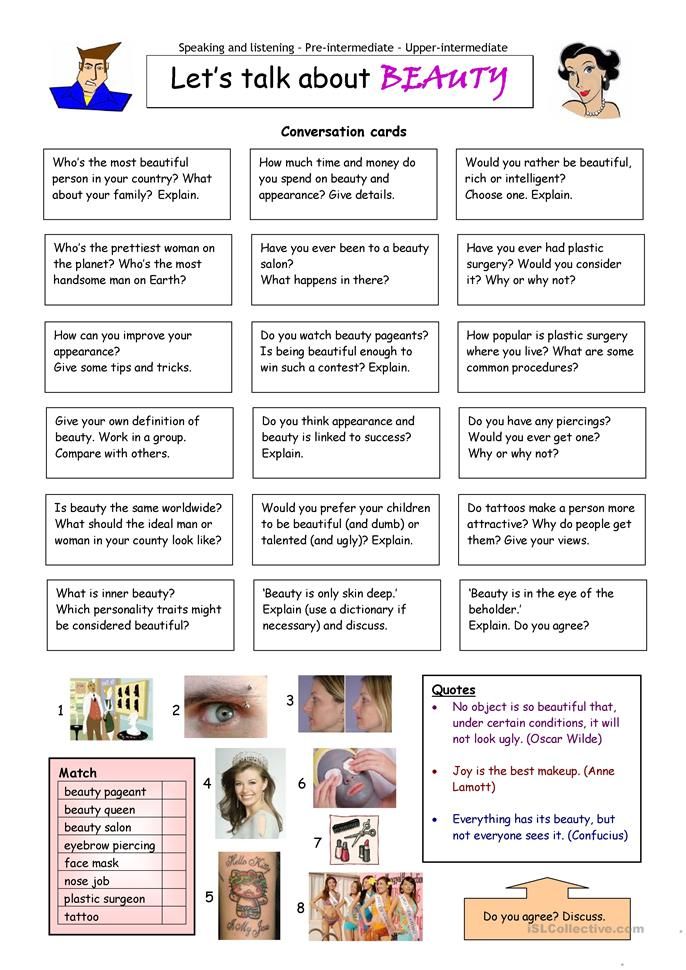
Yes
No
12
Often easily distracted by extraneous stimuli. For older teenagers and adults, this includes thoughts that are inappropriate for the time / place.
Yes
No
13
Often loses things needed for lessons or classes.
For example, notebooks, textbooks, pencils, books, tools, keys, paper forms, glasses, mobile phones.
Yes
No
14
Often avoids, dislikes, or reluctantly takes on things that require sustained mental effort.
For example, school assignments or school homework, for older teens and adults - preparing reports, filling out forms, studying long texts.
Yes
No
15
Often has difficulty organizing lessons and classes.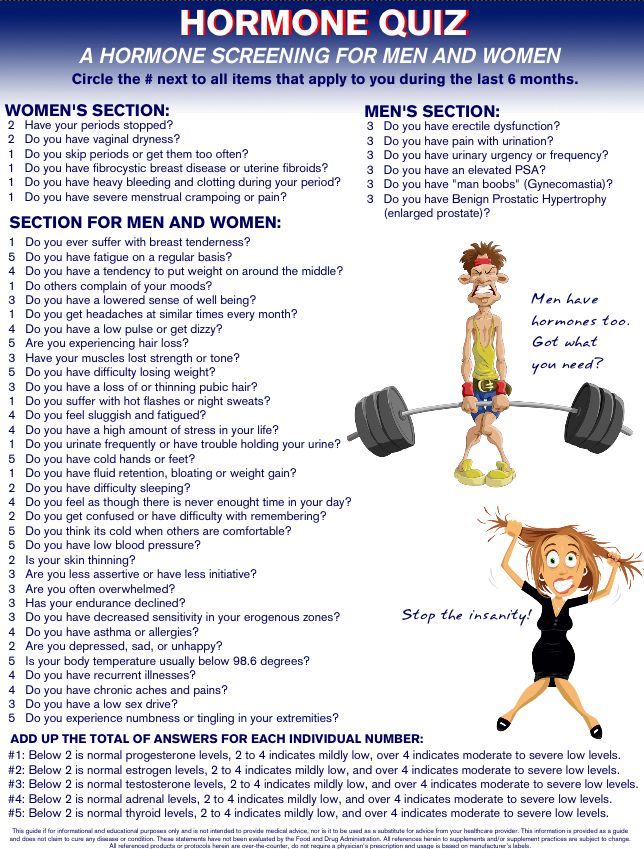
For example, trouble moving from one task in a chain to another, difficulty keeping materials and personal belongings in order, sloppy disorganized work, poor time management, failing to complete work on time.
Yes
No
16
Often does not follow instructions to the end and does not complete class work, chores, or duties in the workplace.
For example, starts work, but quickly loses focus and easily wanders off topic.
Yes
No
17
Often it seems that he does not listen to the speech addressed to him.
For example, his mind wanders somewhere else, even if there is no obvious distraction.
Yes
No
18
Often has difficulty maintaining attention when performing tasks or during games.
For example, has difficulty maintaining focus in lectures, during conversations, during long readings.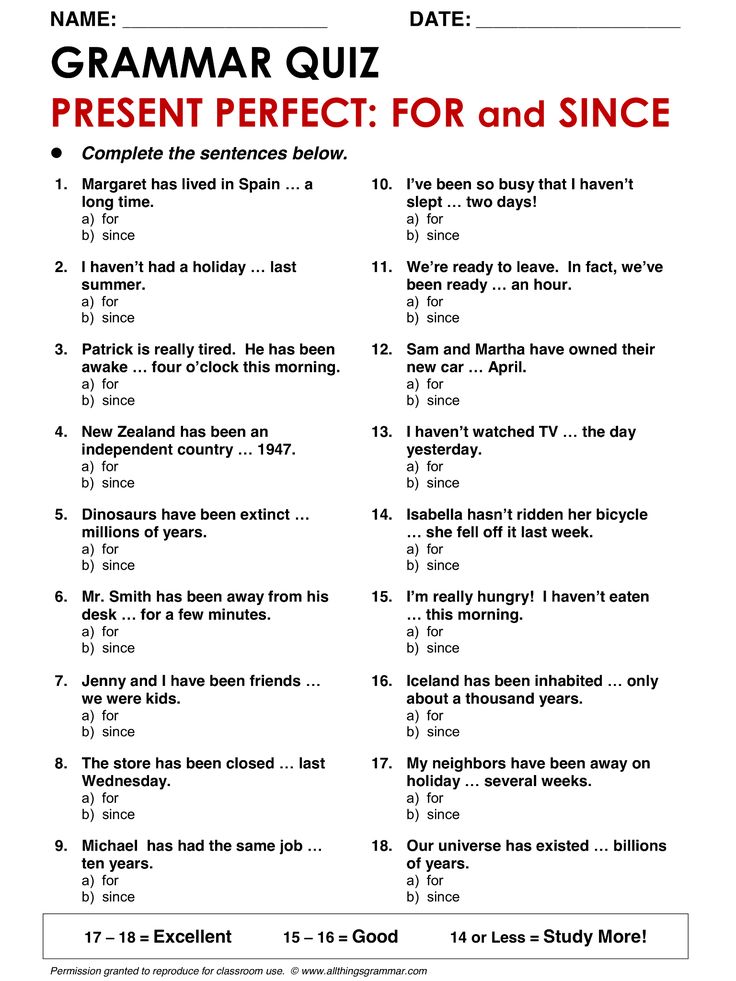
Yes
No
Tips on dating a woman with ADHD from a woman with ADHD
Congratulations, you're in love! She is sensitive, creative and smart! How are you so lucky? You meditate on this as you bask in the gleaming cloak that lit up your every move during the months you fell in love. And then he suddenly falls to the ground. You look down and see that your sparkly cloak of love is one of the many things strewn across the floor of your sweet lover's bedroom. Amid the carnage are her many unmatched socks, crumpled Starbucks checks, five half-empty glasses of water, a $5 bill, and an empty Gardenland DVD box. You look at her curiously and she interjects before you can speak: "You're hungry, let's go to the movies, you want to hang out with me and Kelly next week, I was thinking about making burgers tonight, and I also have ADHD" .
Advertisement
You have a crush on a woman with ADHD, a superhero with supervillain tendencies. It's wonderful, it's infuriating, and you have to know exactly what is meant by this, so as not to behave like the last goat for no reason.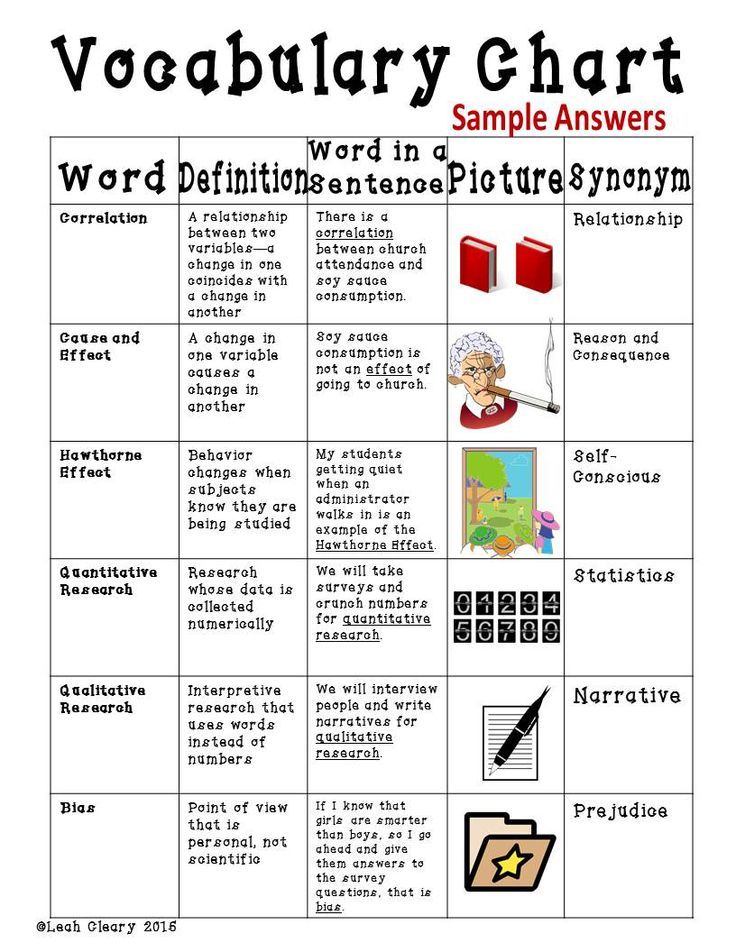 (And if you really are acting like an asshole, at least you can do it for a reasonable reason).
(And if you really are acting like an asshole, at least you can do it for a reasonable reason).
We are like superheroes because we have a very high level of activity in the brain, and also because it sounds more pleasant than having a mental disorder. ADHD stands for "Attention Deficit Hyperactivity Disorder" and women have hyperactivity, is usually emotional, not physical . We don't fidget and scratch our butts like your little cousin who loves video games and hates math lessons: our thoughts can't sit still. “ADHD is not really a handicap, it's a different way of thinking, and if you know how your partner's brain works, you'll be fine. If not, you're going to get really annoyed all the time," Shanna Pearson, ADHD coach and founder of , the world's largest ADHD coaching company, told VICE.0036 .
All people are different, some are chic, and others are probably very angry, but they all need people who understand them. I spoke with Pearson to help you understand me, my ADHD and the best way to be my lover.
I am very cute, funny and cool.
Let's start with this, because everything else is kind of annoying. There are many reasons to love someone with ADHD! Because ADHD helps me think so many thoughts at once, people like me tend to be very sensitive to how you feel and the situations around you. Your mom will love me! Great!
Advertisement
I feel a lot of things very deeply and at the same time.
According to Pearson, 80% of ADHD symptoms are triggered by feelings of inability to cope. “Everything is in full swing, the good is in full swing and the bad is in full swing,” she says. That many thoughts is great, as I can help come up with thirty different (racially sensitive) housewarming party themes, and I love having long conversations about everything that's ever happened to you in life. But I also get a little, um, flamboyant, and if there's too much going on, I get really tired and may need to lay low for a couple of days.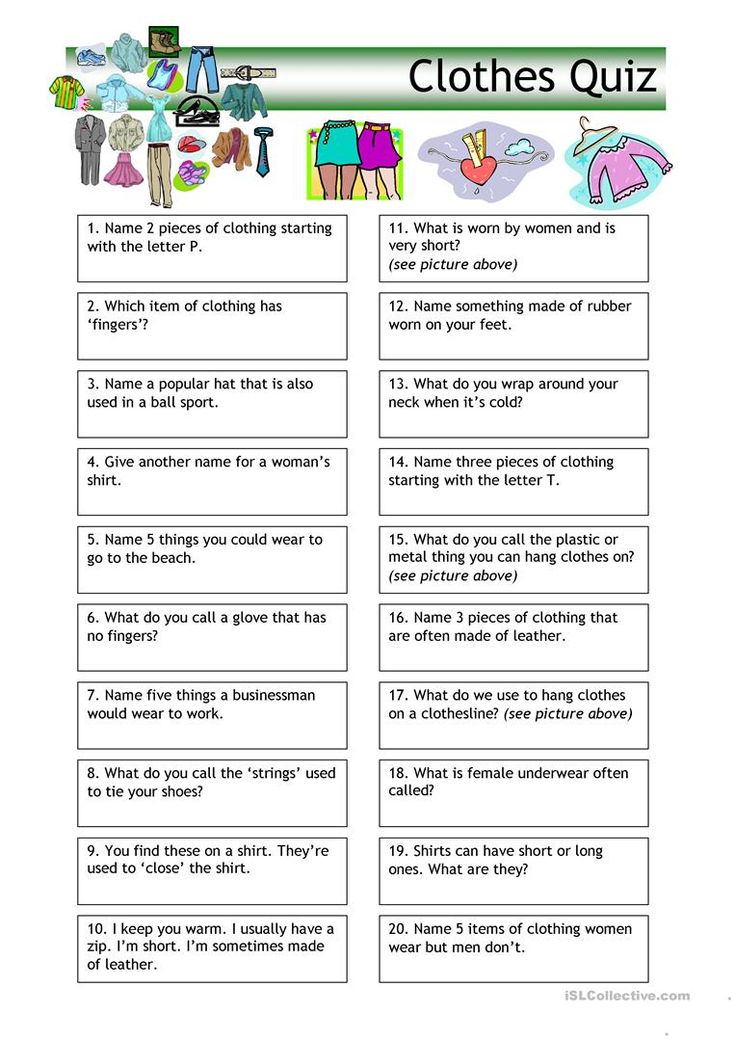 I once read a pamphlet that said I could even see colors is more bright than than other people, I need time to process this crap!
I once read a pamphlet that said I could even see colors is more bright than than other people, I need time to process this crap!
I am either very concentrated or very dispersed.
Over-focus is a common symptom of ADHD, which, oddly enough, sometimes makes me very absent-minded. If my brain energy is being used so acutely for one purpose for which I have a strong passion (Watchmen episode 3), it is difficult to take it away in order to direct it to something else (your birthday dinner) - even if the latter may be more importantly: it's scientific data! “People who don’t understand what ADHD is are ready to label them as weird, despite the fact that they come up with the most brilliant ideas, for example, about a cure for cancer, while drinking coffee,” says Pearson.
Advertising
Please slow down when I can't.
"I'm saying that 70 percent of women with ADHD are argumentative, so if you're argumentative, you're going to have a lot of argument in your relationship," Pearson says. These statistics seem very accurate to me! Thinking I'm right, I definitely think I'm right. In my case, it can be twice as bad due to the fact that I am a Taurus. And also because I'm probably right.
These statistics seem very accurate to me! Thinking I'm right, I definitely think I'm right. In my case, it can be twice as bad due to the fact that I am a Taurus. And also because I'm probably right.
I am probably (perhaps) smarter than you.
Pearson says that because your partner with ADHD has such a unique way of thinking, being aware of each other's thinking differences is essential. “You are dating a person whose way of thinking is completely different from yours. It is likely that this person is smarter than you. If you don't understand why, you will make yourself and your partner more than unhappy," she says.
I forget easily and I will cancel plans.
“Remind this person often of how you feel because he forgets. People with ADHD tend to “live in the moment,” and even if everything is great, they doubt it or forget it after a week,” Pearson says. It is useful to remind very well, not only about economic problems like scheduled meetings and birthdays, but also about emotions.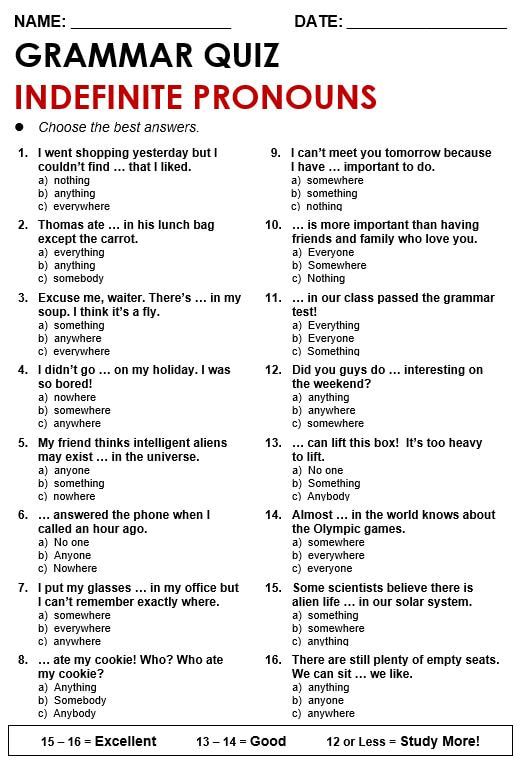 For example, I know that you said that you love hanging out with me, but in a week everything could change, and you did not answer my SMS, which I sent five hours ago. Five! Hours! Back!
For example, I know that you said that you love hanging out with me, but in a week everything could change, and you did not answer my SMS, which I sent five hours ago. Five! Hours! Back!
Advertisement
But I will remember your favorite Sandra Bullock quote!
Pearson says people with ADHD prioritize emotional information; I can forget I said we were going out for coffee two weeks ago, but thanks to me, you will feel insanely special when I remember that you always wanted that Crystal Castles T-shirt (the one with the web, not the one with the with Madonna) but you didn't make it to the concert in 11th grade, so I'm going to order it specifically from an eBay dude in Iowa for your birthday. To health.
Don't give me more irrational shame.
Pearson argues that confidence is not the opposite of low self-esteem, and many women with ADHD have both. “Women with ADHD almost always have confidence and low self-esteem because they live in a world in which they are very empathetic and passionate, but constantly hear: “Why don’t you just…?” Pearson says.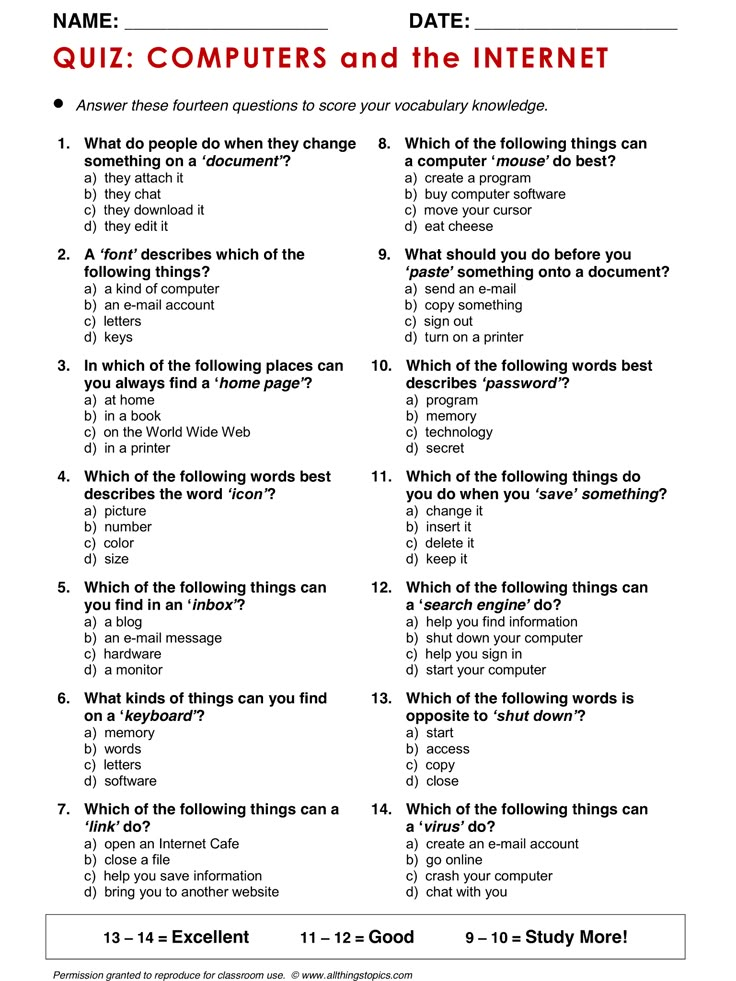 She says she has worked with decades of marriages in which successful top managers are so shamed that they never even discussed their ADHD with their partners. Please don't do this to me.
She says she has worked with decades of marriages in which successful top managers are so shamed that they never even discussed their ADHD with their partners. Please don't do this to me.
Be honest and direct.
I can't help but talk about my feelings when I feel them, so I talk about injustices and whether or not your outfit looks good. You may not appreciate it, but this is the only logical way for me, and I expect the same from you. “People with ADHD despise bullshit and tend to have a wide open mind and don't play games,” Pearson says.
Advertising
I will definitely interrupt you! Many times!!!
There is not much to say here - except that I beg you very much to forgive me, my friend. It will be when I do this, please tell me so I know to stop. BTW, HAVE YOU READ THEORY THAT THERE WILL BE ZOMBIES IN RIVERDALE?
Also, my room is a mess, just deal with it.
As with emotions, I have my own way of organizing my things.
